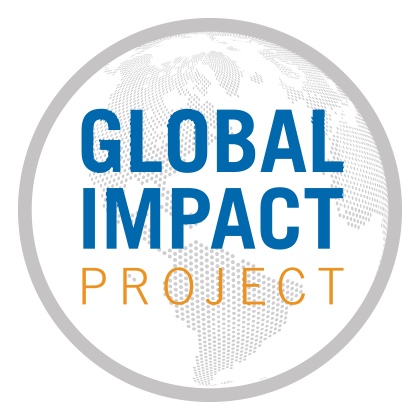Impact
Though the program only started in 2019, outreach is already delivering results in Marawi. Abbott and CARE have improved access to testing, treatment and care for those who need it most, and early monitoring reports show that 21% of diabetic and pre-diabetic patients have lowered or controlled their blood sugar.
And it’s not just patients who are benefiting from this powerful partnership. In keeping with CARE’s focus on centering women in their work, the project recruited local women with healthcare backgrounds to serve as NCD club leaders. In their capacity as leaders, the women are not only trained to deliver a package of NCD screening and patient management services, they are also empowered to advocate for the needs of their club members. For example, this includes alerting and holding accountable local government and health systems when critical medications are unavailable or inaccessible.
Lastly, by building local capacity to identify and monitor NCD patients, reinforcing health service referral systems and creating accountability mechanisms, the program is also having a significant impact on the local health system.
By moving beyond simply treating those with NCDs to engaging impacted communities in advancing health outreach, the CARE and Abbott partnership is pioneering new, innovative approaches to treating diseases in crisis settings.
The CARE partnership in Marawi is one part of Abbott’s broader global effort to address diabetes, heart disease and other NCDs through “Future Well” programs that aim to find new ways to outsmart the drivers of chronic disease. For more information, visit abbott.com/FutureWell.






